“Paper or plastic?” It’s a personal question, and one’s answer likely reflects the desire to do good and go green. But don’t put a checkmark on the environmentally conscious box just yet. Although many of us know the importance of recycling, only a few of us may actually be doing it correctly.
Before patting yourself on the back for tossing that empty soda can in the right receptacle, make sure to follow proper recycling protocol. That way, when celebrating Earth Day on April 22, you’ll be an even more valuable player.
Recycling Basics
While it may be easy to spot the recyclable item in a rock, paper, scissors line-up, it’s not always that simple to figure out which items can go straight to the recycling bin. Although not all paper, cardboard, metal, glass and plastic items are created equal, those are the main five materials that residential consumers can sort and recycle.
When separating recyclables from everyday waste, make sure efforts aren’t in vain. If paper materials become wet or soiled from food, they cannot be recycled. It is as simple as that. Those soggy take-out containers from dinner last night? Not recyclable, but the lids can be if not contaminated.
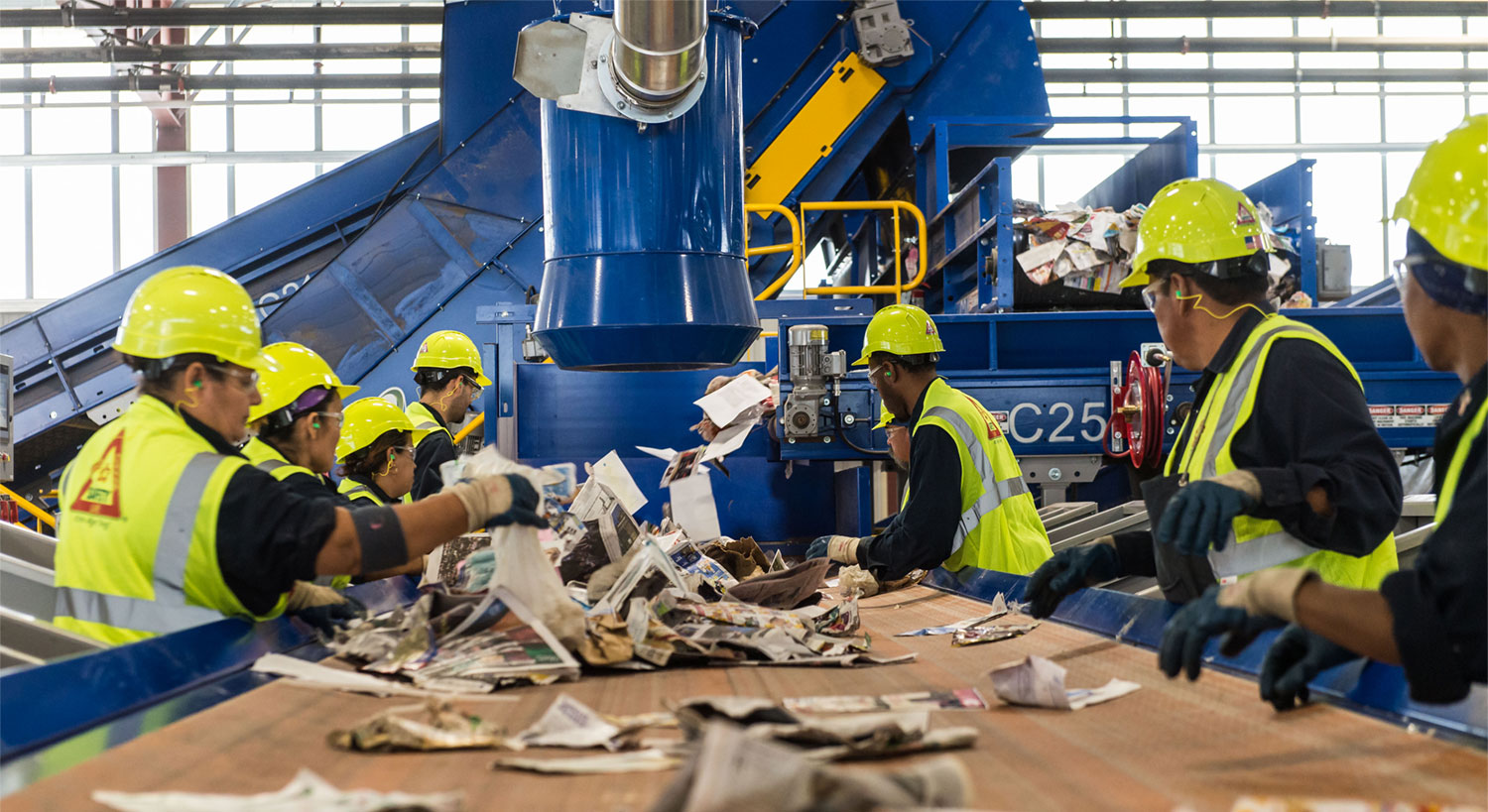
Regarding plastic, if you can poke a finger through the material – such as what typical grocery store checkout and produce bags are made of – it cannot be recycled in your cart. This type of plastic is too thin and flimsy, and can cause damage to machines involved in the recycling process. Luckily, many local grocery stores have bins set aside where shoppers can return these used plastic bags for recycling. Ask an employee where the bins can be found at any particular location.
Finally, in general, empty, clean and dry each item to be recycled. Sort paper sacks with other paper, and empty plastic bottles with empty plastic snack bags. Most importantly, don’t place items inside garbage bags, even the blue “recycling” bags sold in may hardware stores; most folks don’t know it, but those blue bags aren’t recyclable either. Keep items separated and loose, as opposed to bundled or bagged.
Waste
In the city of Plano, residents produced nearly 70,000 tons of trash over a one-year period from between 2017 and 2018, according to City of Plano’s Environmental Waste Services Manager Ryan Delzell. That’s nearly two thousand pounds of trash per household per year. That number covers the non-recyclable waste an average family tosses, and does not include yard trimmings, household hazardous waste, electronics recycling, appliances, or discarded clothing.
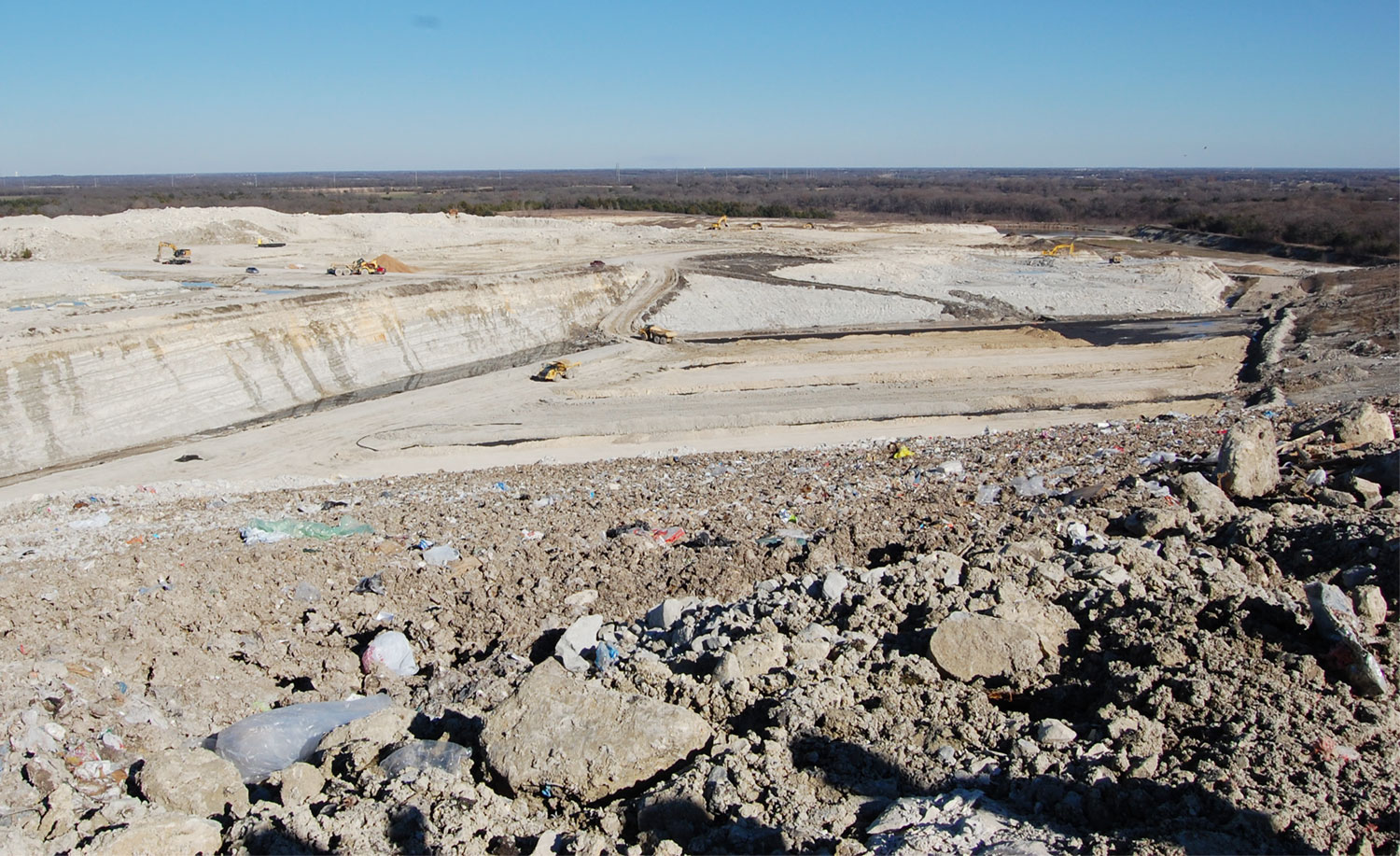
The North Texas Municipal Water District (NTMWD) is responsible for managing the solid waste management disposal systems for five North Texas cities, including Plano. Once the non-recyclable, residential solid waste is picked up by garbage trucks, it is transported to one of three NTMWD transfer stations (two in Plano and one in Richardson).
Unlike its recyclable counterpart, this type of residential waste is not sorted. It is simply loaded onto tractor trailers at the transfer station and sent to the regional landfill in Melissa, Texas. According to the NTMWD website, at the landfill the waste is spread and compacted, and at the end of the day covered with a minimum of six inches of clean soil to control odors, prevent exposure to air and keep birds and other animals away.
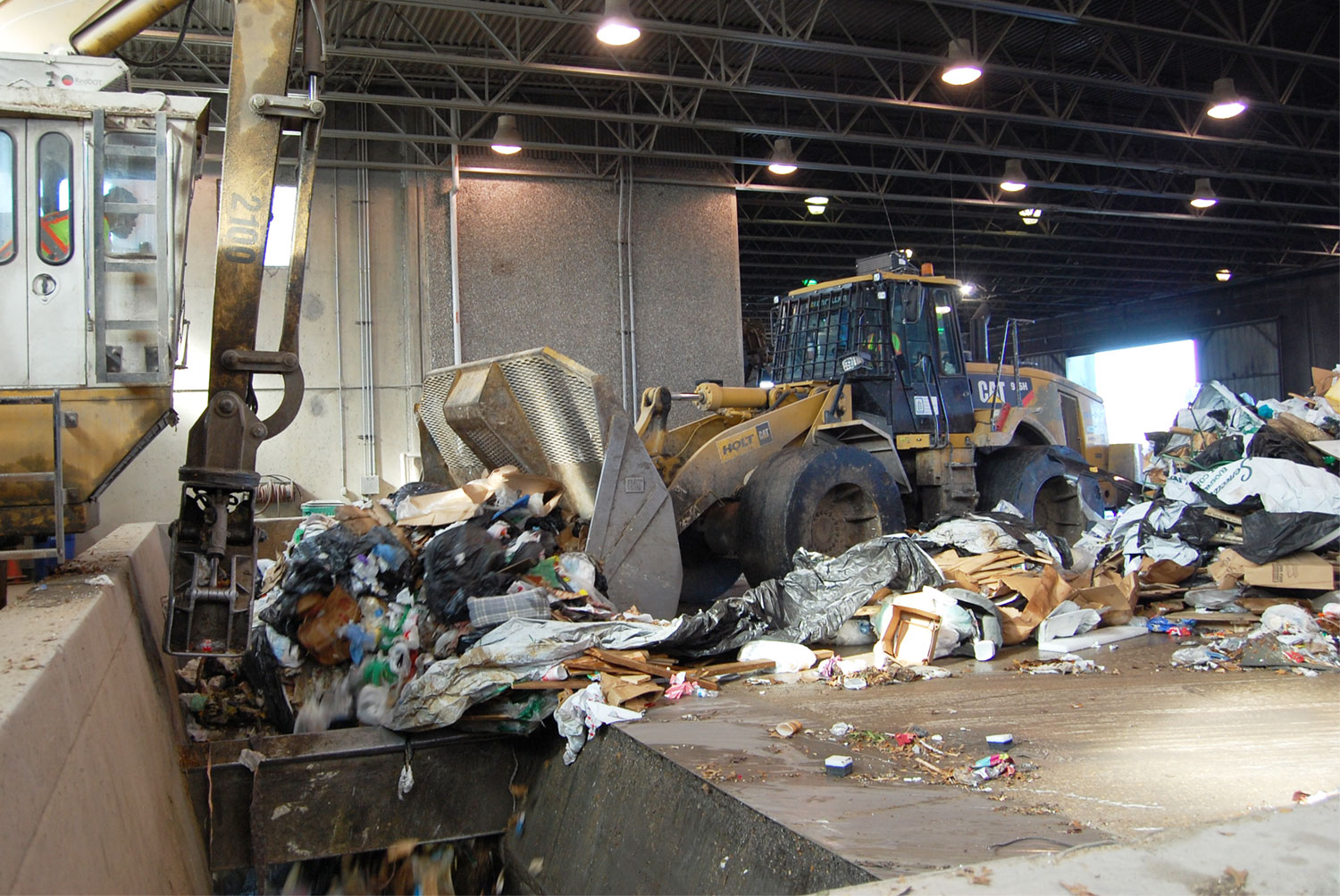
Waste Not
Not included in the above facts and figures, the materials we choose to “waste not” include nearly one thousand pounds of recyclables per household per year. Expectedly, this material is treated differently.
Republic Services is a national company that provides non-hazardous solid waste and recycling services for more than a combined 14 million commercial, industrial, municipal and residential customers, including the City of Plano.
According to Brady Loesch, the general manager for Republic Services of Lewisville and Plano, the recyclable waste process is pretty straightforward and is handled by both machine and man.
After the collection trucks arrive at Republic Services’ Plano Recycling Center, the recyclables are emptied onto the floor in an area called the tipping floor. A loader then feeds the material onto conveyor belts, which sends the materials to be presorted by hand, separating what should and should not be there. After presort, there is an automated sorting system that separates the materials into four categories – paper, cardboard, metal and plastic. Once separated, the recyclables are compacted into bales and are ready to be purchased by manufacturers who give these items a new form and purpose.
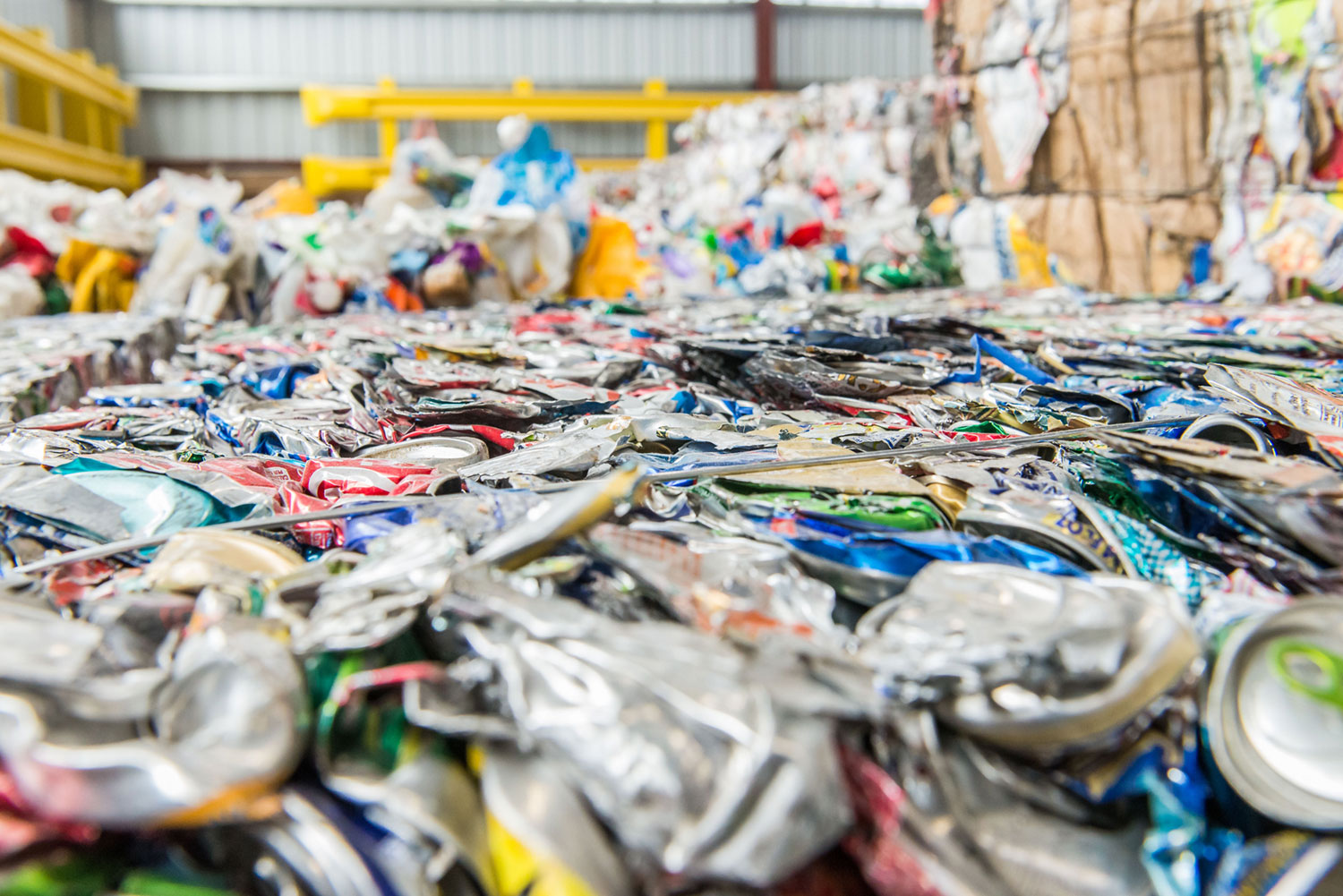
The new Republic Services’ Plano Recycling Center became operational in January, and is able to process 350 tons of recyclable material per day. It serves more than 510,000 residents and 2,500 commercial customers throughout Plano, Richardson and other neighboring towns.
Another major function of this new Plano facility is to educate the community – specifically young visitors – on the importance of recycling. The Learning Center, which will be open to the public for tours beginning mid-April, will feature educational displays, interactive games and videos and a live video stream of recycling operations. This state-of-the-art facility will ensure that the next generation continues to do its part to help protect our planet.
For more information on which items are recyclable in Plano, visit plano.gov/recycleit or recyclingsimplified.com.
To sign up for a recycling collection day reminder, visit www.plano.gov/collectionreminder.
Recycling Simplified > Collection Day Reminder >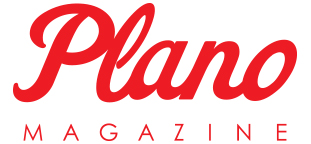
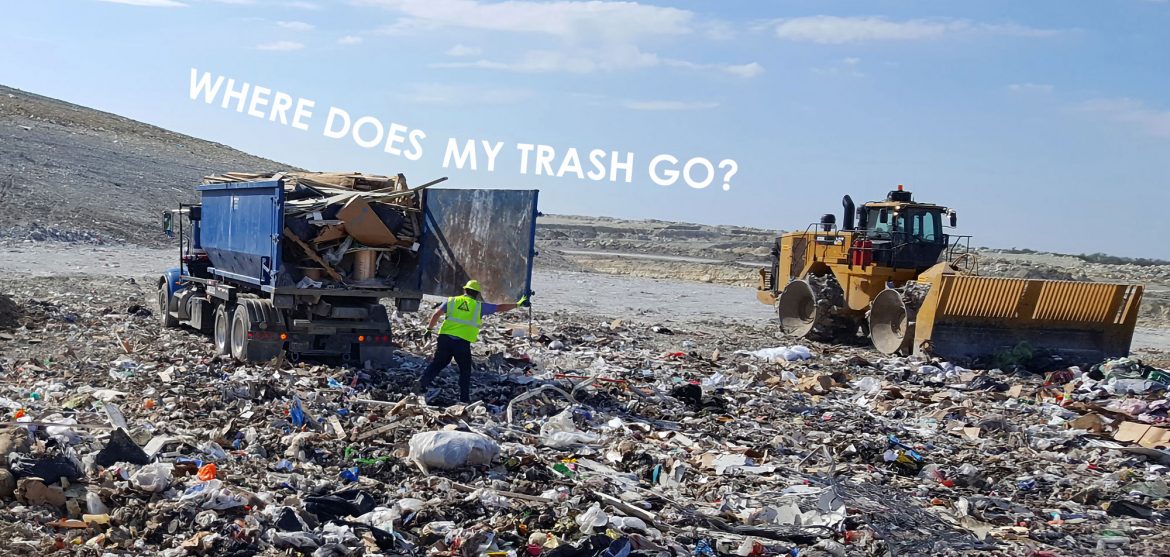
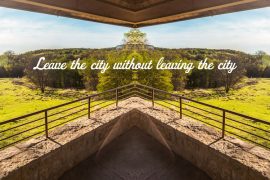
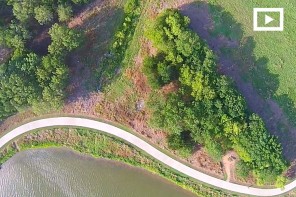

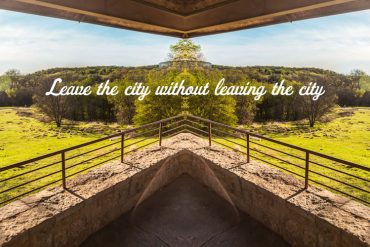
Can you elaborate more on what happens to the recyclables after the manufacturers purchase them. Are they sold to manufacturers here in USA or Overseas. You failed to explain where my trash go, what becomes of the recyclables. Sold to “Manufacturers” is so vague, what manufacturers? US Manufacturers? or Overseas Manufacturers? What is the end product of the recyclables? Does it become spoons etc..? or just more pollutants for other countries.
This is a great question, and we wanted to learn more as well. But as we dug into it, we realized there are so many different places the recyclables go, it really warrants an entirely separate article on the topic! So maybe a topic for a future follow-up article, perhaps??